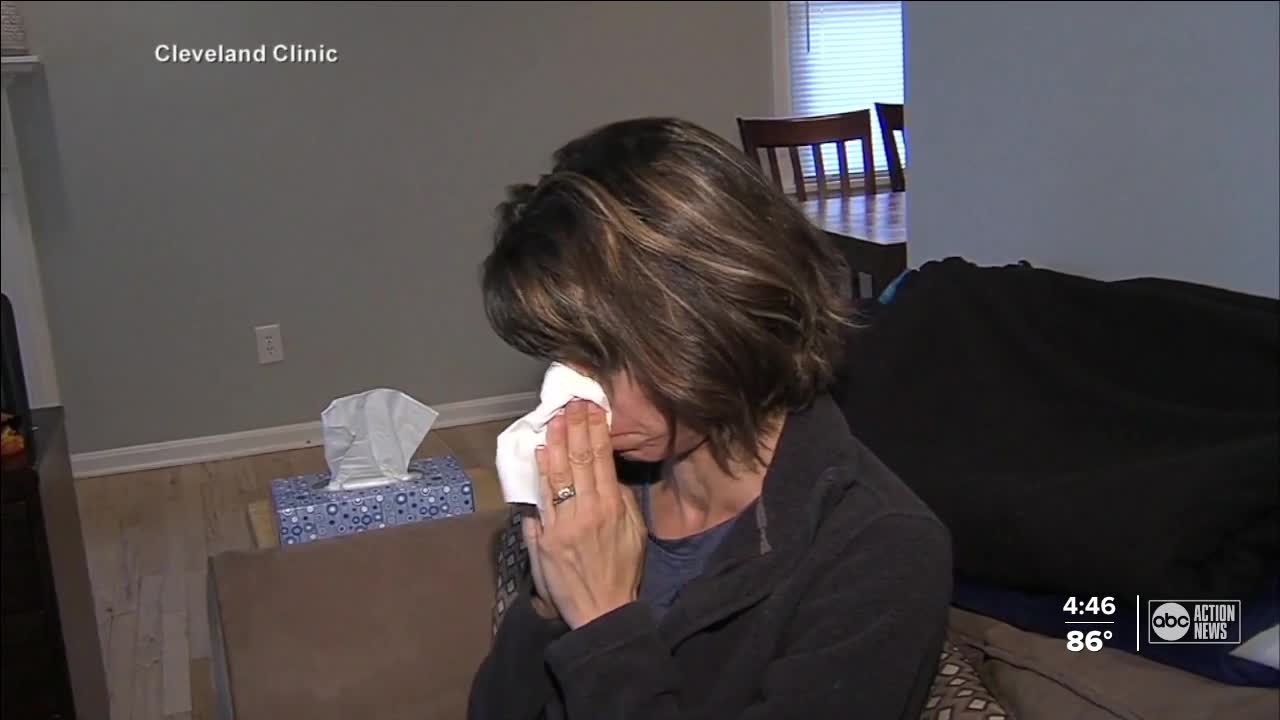TAMPA, Fla. — It’s getting to be that time of year again when your allergies can act up. While we’re still in the middle of a pandemic, local doctors offered some help on what to look for to tell the difference between allergies and COVID-19.
While out on an afternoon walk in Tampa, Samantha Maldonado explained this time of year can be rough.
“Whenever my car is covered in pollen, that’s usually an indicator that I need to kick up the allergy medicine and prepare to have a runny nose or stuffy nose or both,” said Maldonado.
During the COVID-19 pandemic, you might wonder if you’re feeling just symptoms of allergies or COVID-19.
Dr. Farnaz Tabatabaian, an Associate Professor of Allergy and Immunology at USF Health, said when it comes to allergies, common symptoms include itchy eyes, runny nose, congestion, sneezing, even sometimes coughing. On the flip side with COVID, experts said usually you may have a dry cough, fever, muscle aches, tiredness, or sore throat.
“The congestion, runny nose is the main thing that overlaps with allergies. With the difference is that allergies, it persists and doesn’t go away necessarily; whereas with COVID, it’s a transient time, and then if you are going to progress to more symptoms, you’ll be more symptomatic with COVID,” said Dr. Tabatabaian.
While COVID can cause shortness of breath or difficulty breathing, experts also said seasonal allergies usually don’t, unless you have a condition like asthma that can be triggered by pollen exposure. Many people admit they’re in-tune to similar symptoms.
“It’s tough because pretty much any symptom now seems to be also a COVID symptom, so it’s hard to know,” said Maldonado. “Any upper respiratory symptoms, you kind of are on high alert.”
And as allergy season continues to wreak havoc, getting tested could also be a useful tool to stay on the safe side.
“Now we’re in a place that we can get tested so quickly, so rapidly, and I think that once you start displaying symptoms and you typically don’t have allergies or have runny nose this time of the year, then you probably should get evaluated,” said Dr. Tabatabaian.




